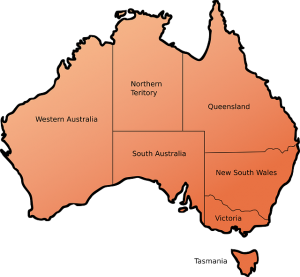Officials with NSW Department of Primary Industries (DPI) are urging producers to vaccinate their livestock following confirmation of the first case of anthrax of the year.
In late January 2021, anthrax was detected in an unvaccinated mob of ewes and lambs on a Central West NSW property with a previous history of anthrax.

The affected animals were ewes which had not been vaccinated for anthrax and biosecurity measures at the affected property, including stock movement restrictions and the vaccination of remaining livestock were immediately imposed.
NSW DPI senior veterinary officer, Graham Bailey said while there are no general public health risks or trade implications from the detection, it served as a timely reminder.
“Cases of anthrax in NSW tend to occur in an area which runs through the centre of the state, between Bourke and Moree in the north, to Albury and Deniliquin in the south,” Dr Bailey said.
“Anthrax can be prevented by annual vaccination of cattle and sheep. Producers in high-risk locations are encouraged to consider vaccination.”
“Ingestion of soil by sheep, cattle and other ruminants is one of the key risk factors for anthrax,”
Other risk factors include a history of anthrax on the property, grazing stubble or very short pastures, low ground cover, deep cultivation or earthworks in paddocks, soil movement or exposure as a result of rain, contact with infected carcasses and alkaline soils which favour spore survival.
LLS Animal Biosecurity and Welfare business partner, Scott Ison, said farmers can apply to use the anthrax vaccine through their LLS district veterinarian.
“Once authorised, applicants can place an order for the vaccine with their local rural supplier or private veterinarian,” Dr Ison said.
- Bats & pangolins in Southeast Asia harbour SARS-CoV-2-related coronaviruses, reveals new study
- Toronto: 1st Brazilian and South African COVID-19 variants reported
- China reports two additional human H5N6 avian influenza cases, One death
- Nipah, Hendra Vaccine for Humans Effective 7 Days After Immunization
- UMass Amherst directs students to self-sequester due to surge in COVID-19 cases
- New drug target for Ebola, Marburg viruses
- Missouri reports 1st confirmed case of B.1.1.7 COVID-19 variant


3 thoughts on “Anthrax reported in NSW, Producers urged to vaccinate livestock”